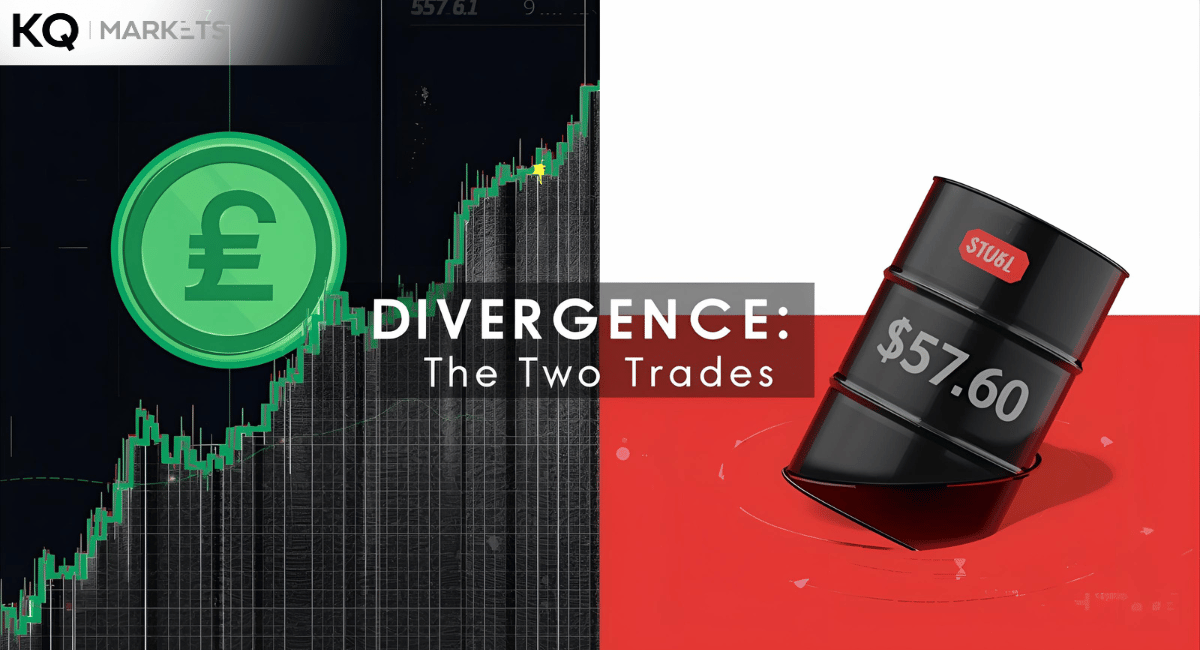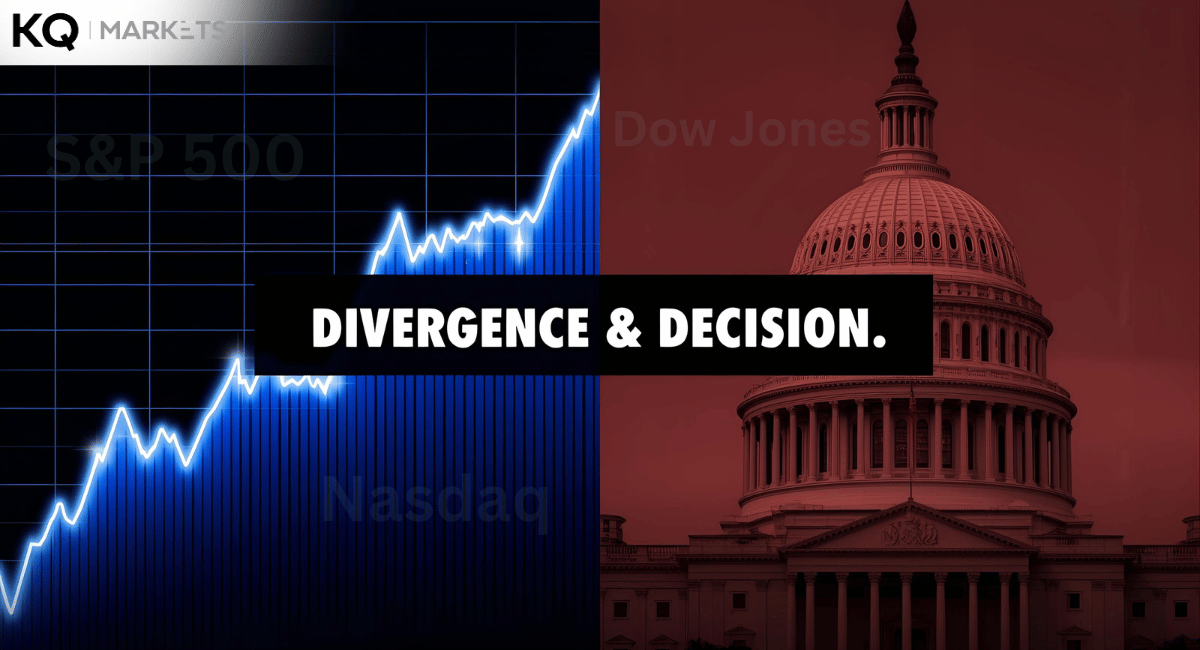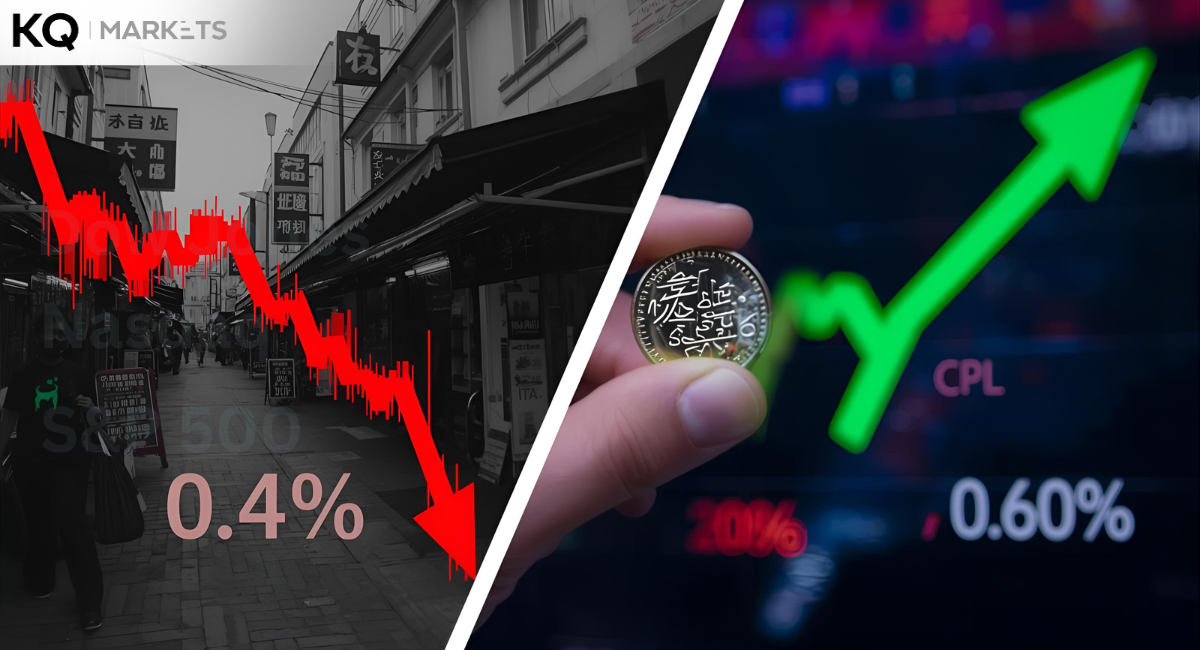United States stocks plummeted Wednesday as stakeholders geared up for another market-moving events week. Some highly anticipated events include the October consumer price data and Nov 8th midterm election. The DJI (Dow Jones Industrial Average) fell roughly 2% or more than 650 points. The tech-heavy IXIC (Nasdaq Composite) dragged down about 2.5% after the index posted its highest decline in a week since January. Meanwhile, several down-beat corporate news renewed attention on the technology stocks' wreck.
This move comes after a disappointing week of low earnings that impacted the heaviest hitters in the sector. Alphabet (Google), Amazon, and Apple (AAPL) each lost more than 10%. Yet, Apple reversed a more than 1% loss to close higher. The higher closing rate was due to the company’s announcement on Sunday. AAPL announced expectations to ship fewer premium iPhones than the previous record. Generally, the company cited Covid-19 lockdown restrictions across China that impacted its largest smartphone factory operations.
On the other hand, Meta (Facebook parent) recorded a 6.5% share increase after making large-scale layoffs throughout the week. However, it is currently the worst S&P 500 index performer this year. Financial experts believe that Election Day kept stakeholders on edge since several crucial investors were determining what political party controls the congressional agenda. According to history, Wall Street prefers a split White House or Congress, serving as a gridlock to make it complicated to execute potentially unfavorable laws.
Since 1929 and excluding the Great Depression, the best S&P 500’s annual returns have been when the president does not entirely control the two sides of Congress. The explanation could be that markets become less wary of substantial alterations to laws with a divided Congress. Although politics has placed leadership into focus, some financial analysts believe the midterm outcomes rarely impact financial markets. It causes short-term volatility.
Overall, stock markets are impacted more by economic catalysts and financial conditions than by midterm elections. History shows analysis that indicates equity markets are somewhat underperformed in the run-up towards midterm elections and outperformed thereafter. Nonetheless, the CPI (Consumer Price Index) will certainly sway equity markets.
Investors are wary that the Federal Reserve could solidify the hot inflation expectations of raising its benchmark interest rate more than the earlier predictions. Economists are predicting a moderation of the year-over-year upsurge of 8.2 percent in September to a headline annual CPI of 7.9%. On the other hand, the core CPI that strips the volatile energy and food products might hit 6.5 percent from 6.6 percent the previous month.
Take Control of Your Financial Future with KQ Markets - A Premier Trading Platform
Don't let risks hold you back - stay ahead with a well-planned strategy. Experience the power of trading with KQ Markets' free demo account and learn from our expert-led education videos. Get a step closer to your financial goals and start your trading journey today with KQ Markets, your key to success.
For effective trading, use our tools such as the economic calendar, forex signals, fibonacci indicator, and pivot point calculator.
Get More Insights On:
London Loses Position as Most Valuable European Stock Market
Inflation Report Shows Consumer Prices Rose 7.7% from Year Earlier





